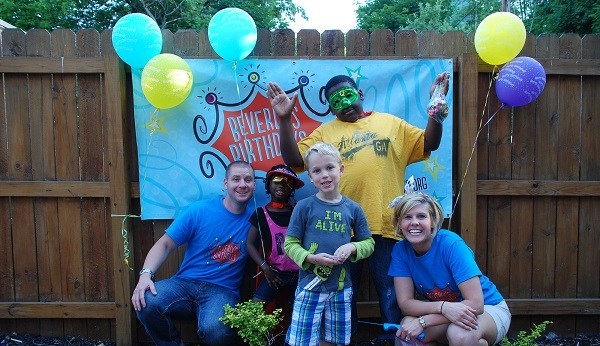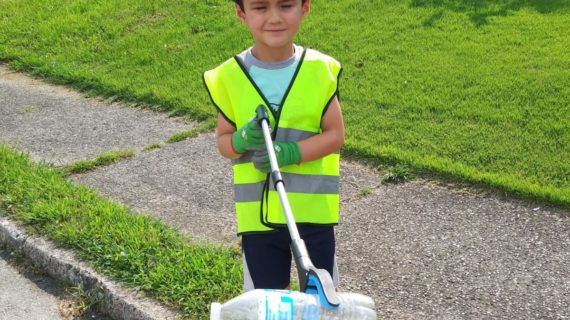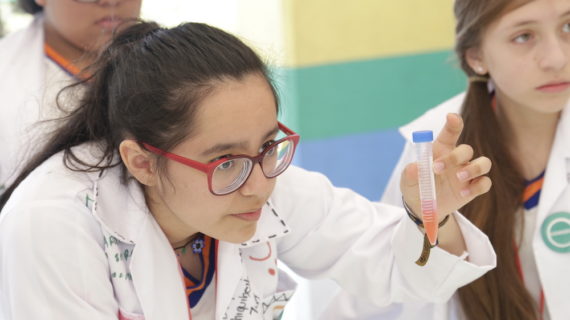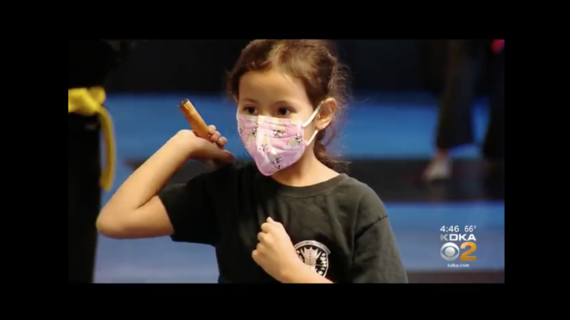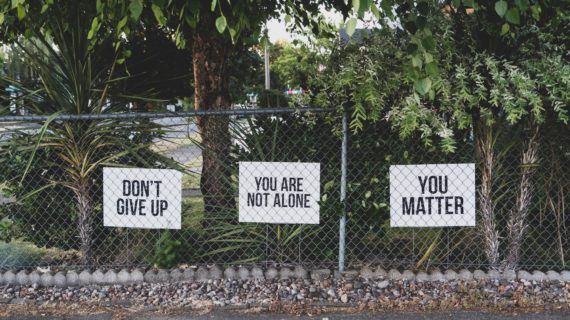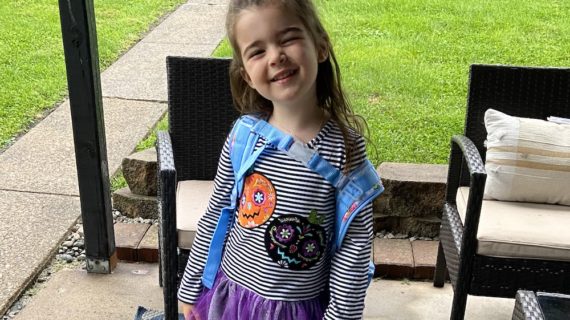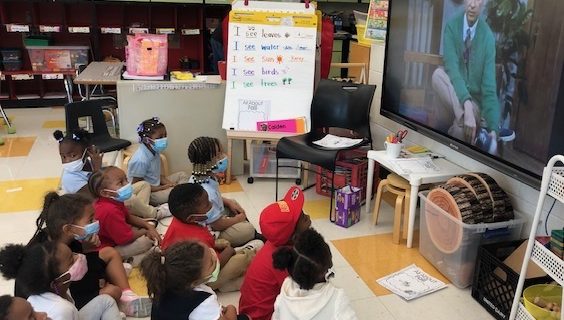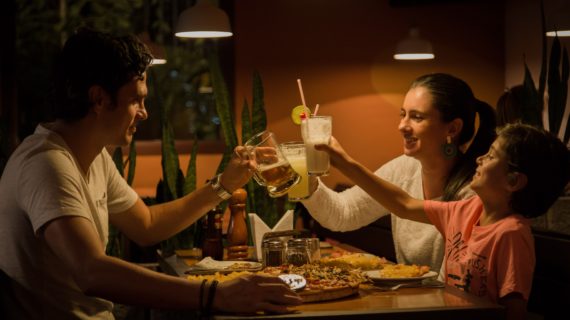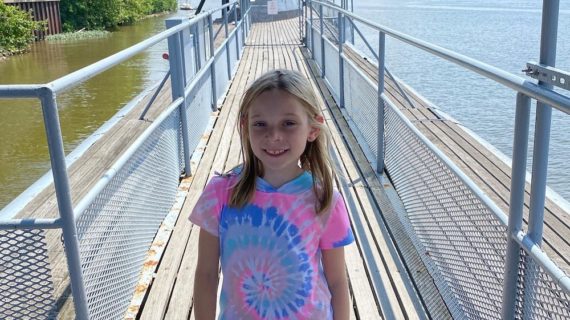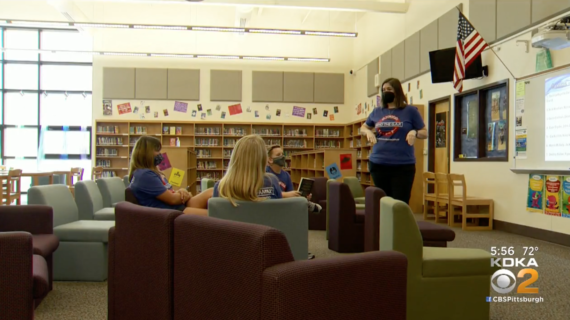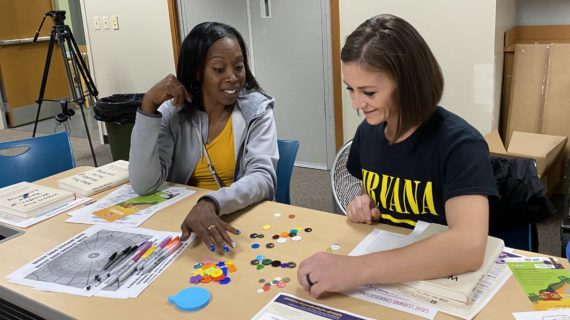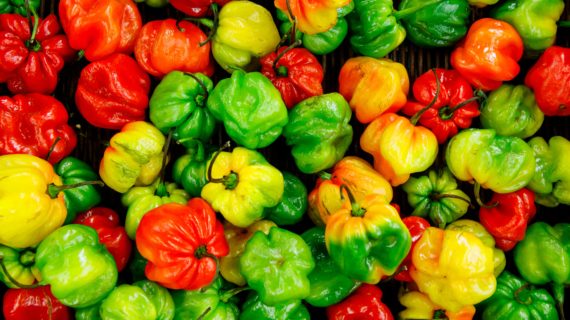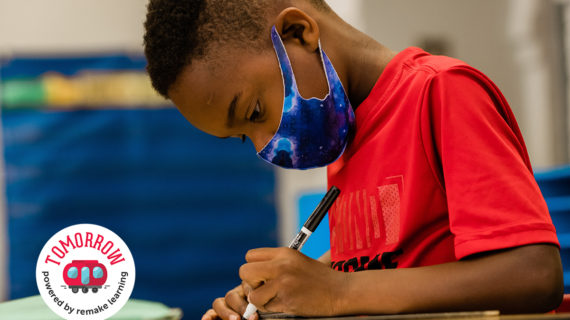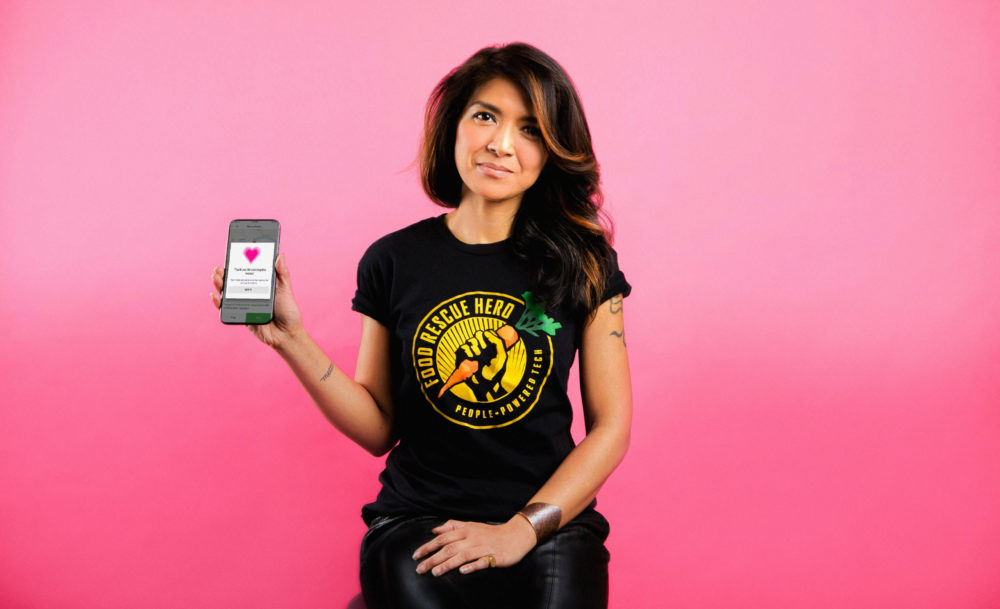
Guest Editor Leah Lizarondo on the ‘super-happy process’ of helping other Pittsburghers
It’s easy to feel inspired when you talk with Leah Lizarondo, co-founder and CEO of 412 Food Rescue. She has seen the incredible power of her organization’s mission — preventing perfectly good food from being thrown away, and instead bringing that healthy food directly to people who need it. And she’s seen how uplifting the food rescue experience is for the thousands of volunteers who help her organization each year.
To kick off our month-long celebration of the power of volunteering, Kidsburgh sat down with Leah (who is kindly serving as our guest editor this month as we explore all things volunteering-related) to learn more about how families can get involved.
Kidsburgh: 412 Food Rescue has opportunities for scheduled volunteering and also for last-minute, unscheduled food rescues through the Food Rescue Hero app. Does it help families that you have both options?
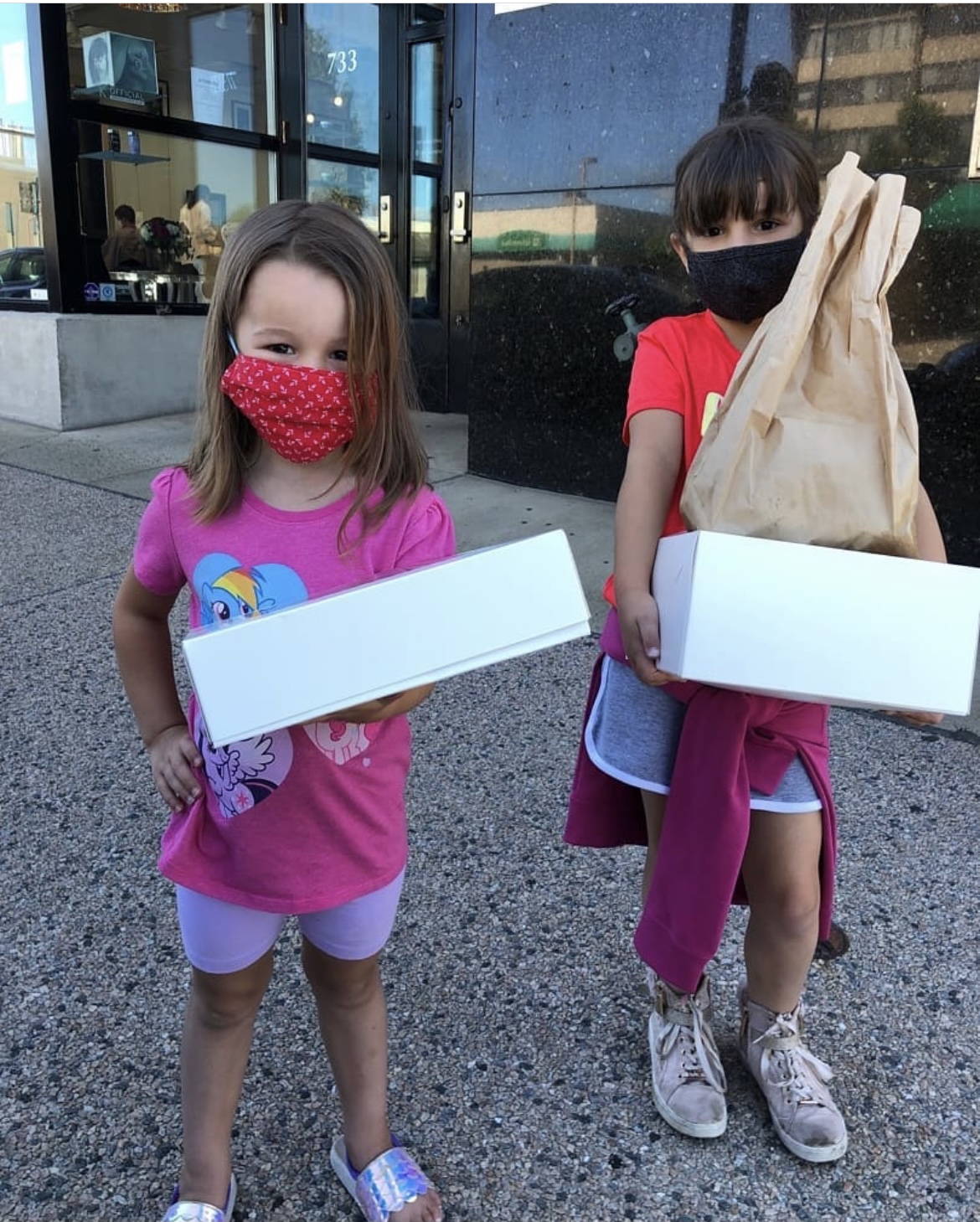
LL: Yes. I’m sure you remember what it was like to have kids under 5. At that age, routine is kind of an important thing. If you know what you’re going to do next and how to fill the time, the kids love routine and are actually more stable. So, we have weekly rescues for that. Parents or caregivers can make that part of their weekly thing. I loved taking my kids on long drives just to fill the time. And if that drive can be for something that’s meaningful like this, that’s even better. Because especially as they approach 5, they ask questions. They want to know where you’re going and why. So you can explain. And then for older kids, where weekends may be more flexible or when they have a school day off, there are these ad hoc rescues that are always on the app. It’s unscheduled, and you can just take one of these. So it works both ways.
Kidsburgh: What do you think children get out of participating in a food rescue?
LL: It’s a great teaching moment — not only on the subject of food waste, but, on hunger and also the climate and the environment. Hunger is something that is immediate. So it’s a concrete thing that kids can understand. If you volunteer at a food pantry or you volunteer to do a food rescue, you see an immediate impact. And then food rescue also teaches about climate change, which will affect our kids more than us. It’s more abstract, but it’s something they need to learn about. I was just in Geneva at ILA’s global conference listening to one of the speakers, a scientist. She said that we have 60 normal growing seasons left — 60 years when crops will grow in the normal way as we know it. I had never heard that statistic before. If we have only 60 growing seasons left, my youngest will be 69 by the end. That’s not old. And the latter part of those 60 growing seasons certainly won’t be the same as the early ones. That’s pretty stark data. We know that right now, we waste so much of the food that we grow. And all of that wasted food going to landfills and causing methane has an impact. So we need our children to begin to understand this and get involved in making sure their community is not wasting food.
Kidsburgh: Have you found that Pittsburghers really want to help with food rescues?
LL: Yes. So today we’ve had about 15,000 people registered on the app. That means that whenever we have a food rescue available, these thousands of people get the push notification. So we’re informing about 15,000 people. We know at least one of them will take it. So our ‘missed rescue’ rate remains at only 1%, which is extremely low, and much lower than some commercial food delivery networks.
Kidsburgh: Wow. So only 1% of available rescues aren’t completed.
LL: Yes. This is true in Pittsburgh, and on average it’s true throughout our network. We’re now officially in 14 cities and we’re targeting to be in 20 cities by the end of the year.
Kidsburgh: How has the pandemic impacted volunteering?
LL: Early in the pandemic, a lot of the food pantries had to shut down volunteering because volunteers would be in an enclosed space. We did the exact opposite. We established new no-contact protocols with our donor partners and nonprofit partners. And food rescue is a pretty solitary job. You can do it by yourself or with your pod unit. So it’s a really safe way to volunteer. And the whole family can go along. My mom who’s 81 loves going to just ride along with me.
Kidsburgh: What do you think inspires people to volunteer?
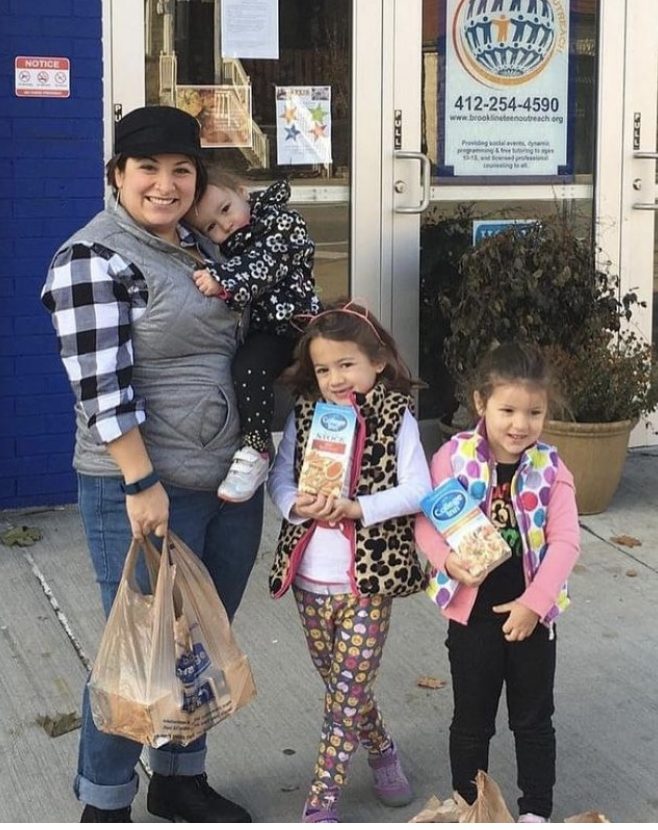
LL: There’s a great Stanford article on why people don’t volunteer. I think most of us want to volunteer, but we always have this sense of limitation. This article mentioned that many people feel like they don’t have the time. That’s because the usual avenue for volunteering is coming for hours on a weekend to do something like clean up a park. It can be hard to commit that much time. So we make sure people can give just a small amount of time. The second reason people don’t volunteer is that they don’t think they’ll see impact right away. With food rescue, we see it from the moment you pick up your food and say, ‘Oh my goodness, look at this carload of food. If I wasn’t around this would have gone to waste.’ You see how beautiful the food is, and then you drop it off to a nonprofit or a household, and they’re so happy to see you, and you see the impact on that end. And then you know you’re making the cumulative climate impact.
Kidsburgh: Do you find that most people in Pittsburgh do their first food rescue and then come back to do another?
LL: It’s a different mix of people all the time. We have a small percentage of weekly Food Rescue Heroes that really adopt it. And then we have a larger percentage of more ad hoc rescuers. They do it whenever they can, some more often than others. It’s really all about the mix. We try to make sure that food deliveries are close, because that makes it convenient for the volunteers. It also lessens the carbon impact. People tell us it’s like an adventure. At the pick-up spot, there’s that moment of uncertainty. You’re a little nervous and then you find this person and they give you the food and it’s like a reward. And so the reward centers in your brain get all fired up. Then you go to where you’re dropping the food off, and you experience the same kind of uncertainty. Then you meet the person waiting for the food, and they’re super-happy to see you. It’s a super-happy process all the way through. It’s everything you imagine it would be.
Don’t miss Kidsburgh’s guide to the many great places where Pittsburgh families can volunteer!
